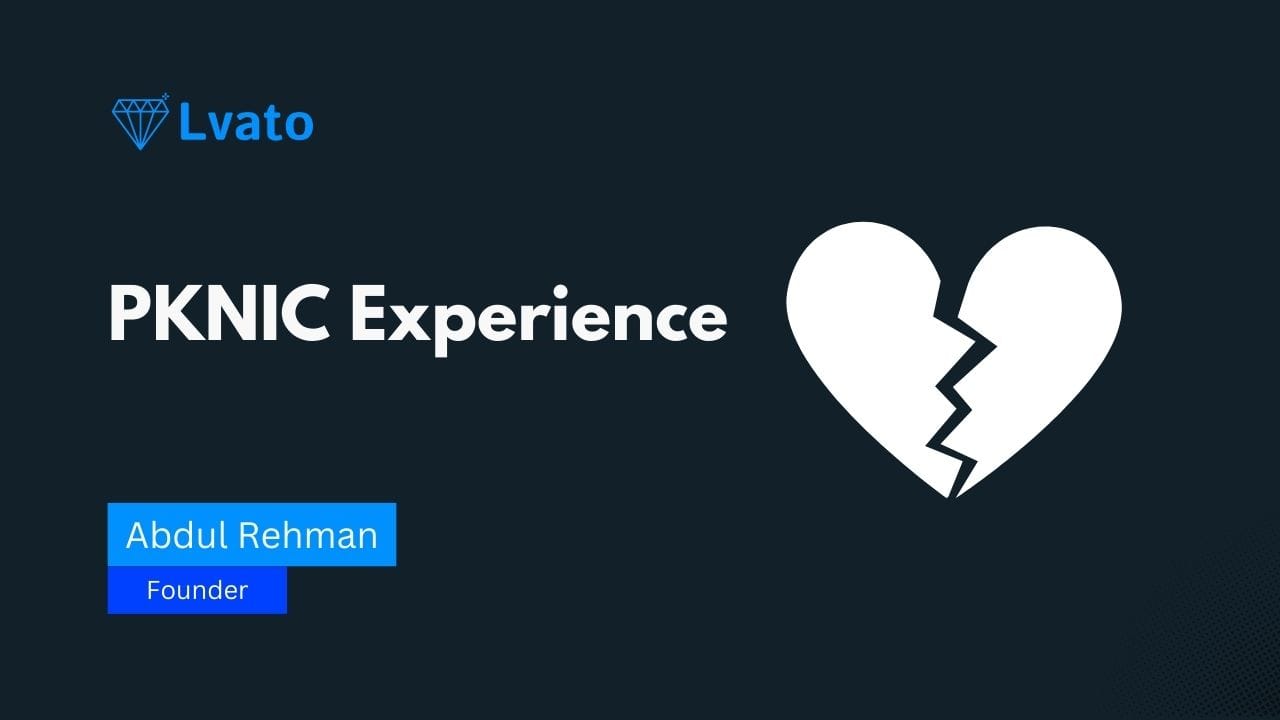In the realm of domain management, every encounter with a registry shapes the way businesses operate online. Our recent experience with PKNIC, Pakistan’s domain registry, has been nothing short of unique. Instead of the expected straightforward API documentation, we found ourselves navigating through a labyrinth of suggestions, primarily pointing towards the purchase of third-party modules.
The Curious Proposition:
Our initial inquiry into reseller options was met with a flat denial, which led us to explore the possibility of obtaining an API key. However, instead of being presented with the straightforward details we sought, we were introduced to Module Garden, a third-party solution endorsed by PKNIC.
The Diverging Paths:
Rather than providing us with the essential API documentation for our account, PKNIC seemed insistent on steering us towards purchasing a pre-packaged module. The proposition was clear – invest in Module Garden for a supposedly comprehensive solution at a cost of $700.
The Unsettling Trend:
Our experience with PKNIC left us questioning a peculiar trend – why was there an emphasis on promoting a third-party module over empowering clients with the tools to develop their own solutions? This departure from the industry norm raised eyebrows within our development team.
The Missed Opportunity:
While PKNIC touted the benefits of Module Garden, we were left wondering about the underlying motive. Why not empower clients with API documentation, allowing them the freedom to craft their own solutions tailored to their specific needs?
The Request for Clarity:
In response, we reiterated our primary request for API documentation – a simple set of endpoints, parameters, and methods that would allow our in-house development team to create a customized solution seamlessly integrated into our existing systems.
The Way Forward:
As we await a response from PKNIC, our experience serves as a cautionary tale for businesses seeking domain management solutions. The importance of transparency, collaboration, and a genuine commitment to client needs should not be overshadowed by the allure of pre-packaged modules.
Conclusion:
PKNIC’s emphasis on promoting Module Garden, rather than providing the requested API documentation, raises questions about the registry’s commitment to client empowerment. As we stand at this crossroads, the domain management landscape begs for a shift towards openness, ensuring that businesses have the tools they need to thrive in the digital realm.
Written By : AbdulRehman

